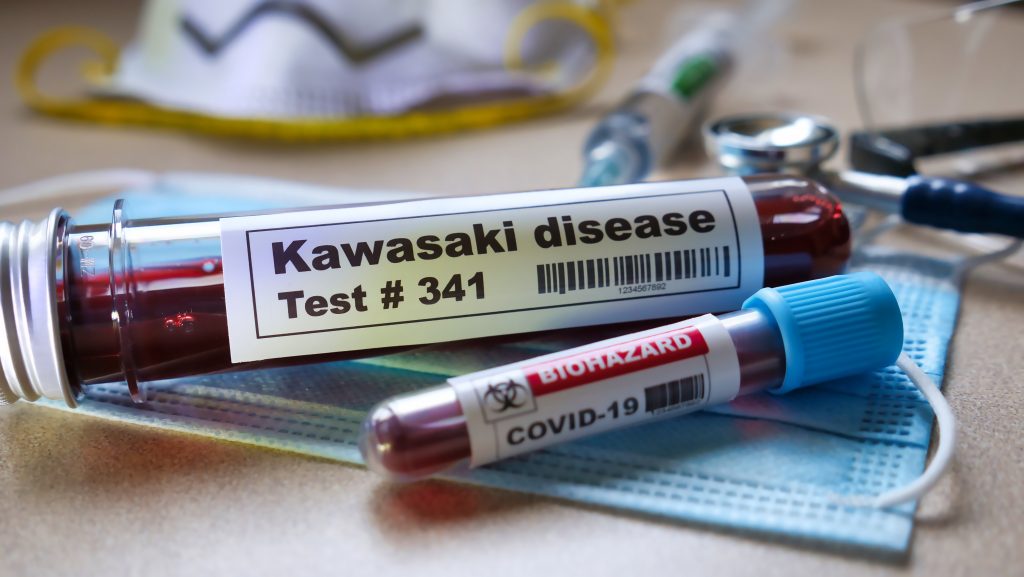Arq. Bras. Cardiol. 2021; 116(3): 492-493
Kawasaki Disease: Predictors of Intravenous Immunoglobulin Resistance and Cardiac Complications: New Perspectives?
This Short Editorial is referred by the Research article "Kawasaki Disease: Predictors of Resistance to Intravenous Immunoglobulin and Cardiac Complications".
Kawasaki disease (KD) is an acute inflammatory disease of unknown origin and associated with vasculitis. It affects medium-sized vessels. Coronary artery abnormalities (CAA) — aneurysms or dilations — are the main complications of KD, and are currently the most common cause of heart disease acquired in children in developed countries. In the acute phase, the initial standard treatment recommended is intravenous immunoglobulin (IVIG) and aspirin, to reduce the risk of damage to the coronary arteries. However, 10 to 20% of children with KD do not respond to the initial standard treatment, with recurrent fever within 36 to 48 hours after IVIG infusion. Studies show that the likelihood of KD patients resistant to IVIG to have coronary artery lesions is nine times greater than those sensitive to IVIG. This suggests that there is a critical window to block the inflammatory process and prevent CAA in the long term.
The study by Faim et al. aimed to identify predictive factors for resistance to intravenous immunoglobulin (IVIG), calculate the effectiveness of Japanese predictive models and characterize the cardiac complications of patients followed up at a single institution.
[…]
941

